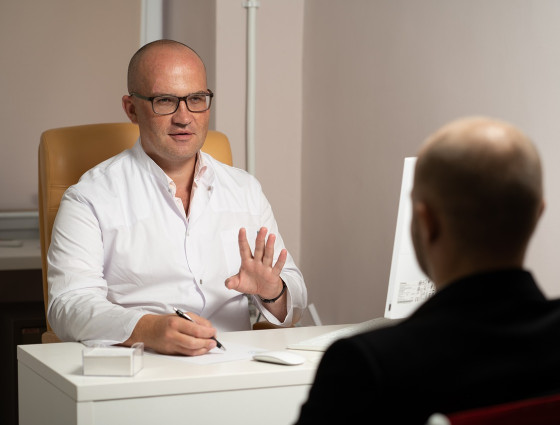
Healthcare and Social Care - General Practitioner (GP)
Healthcare and Social Care - General Practitioner (GP)
Red
General practitioners (GPs) are doctors who provide medical services to people in their local community.
- Give general health advice to patients in person or on the phone
- Diagnose patients' symptoms and refer to specialist consultants if needed
- Prescribe medicines, recommend treatments and carry out minor surgery
- Do research and help to train other healthcare professionals
- Organise and lead clinics for specific groups of patients or medical conditions
You could work at a GP practice, at a health centre or at a client's home.
Your working environment may be emotionally demanding.
GPs tend to work between 45 to 50 hours a week.
You could work evenings, weekends and bank holidays on a rota.
Starting: £60,455
Experienced: £91,228
To become a GP you'll need to complete:
- a degree recognised by the General Medical Council which takes 5 years
- a foundation course of general training which takes 2 years
- general practice specialist training which takes 3 years
Medical schools will also expect you to have some paid or voluntary work experience in healthcare.
From September 2023, you might be able to do a doctor degree apprenticeship which will take around 5 years to complete.
The apprenticeship is recognised by the General Medical Council.
You could then progress to the foundation course of general training before completing the specialist training in general practice. Employers will set their own entry requirements.
